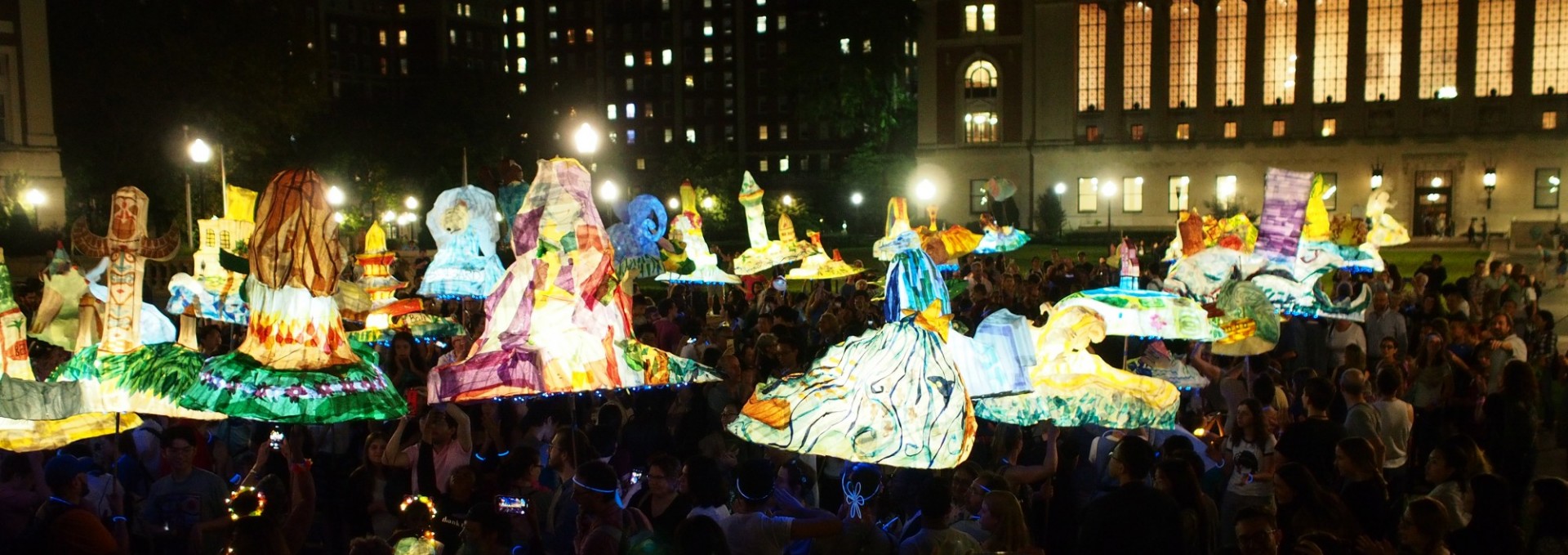Undergraduate Overview
For Degree Requirements in Sociocultural Anthropology, including Majors and Concentrations, click here.
For Degree Requirements in Archaeological Anthropology, including Majors and Concentrations, click here.
For Information on the Senior Thesis, click here.
For a list of Anthropology undergraduate courses offered for the upcoming or current semester, click here.
For a list of all frequently offered Anthropology undergraduate courses, click here.
Founded at the turn of the twentieth century by Franz Boas, Anthropology at Columbia is the oldest department of anthropology in the United States. As a site of academic inquiry inspired by the uniqueness of cultures and their histories, the Department has fostered an expansiveness of thought. Cross-cultural interpretation, global socio-political considerations, a markedly interdisciplinary approach, and a willingness to think otherwise have, from the outset, informed the spirit of Anthropology at Columbia. Boas himself wrote widely, on “pre-modern” cultures and modern assumptions, on language, on race, on religion, politics, art, and performance. This was also true for a number of his illustrious students, including Ruth Benedict, Zora Neal Hurston, Margaret Mead, and Ella Deloria, a Dakota Sioux author trained as a linguist who also, like Hurston, was both an ethnographer and a talented novelist.
In our current times of increasing global awareness, this same spirit of mindful interconnectedness guides the department. Professors in Anthropology at Columbia and at Barnard write widely--on colonialism and postcolonialism; on matters of race and issues of gender; on theories of history, knowledge, and power; on language, law, magic, mass-mediated cultures, modernity, and flows of capital and desire; on nationalism, ethnic imaginations, and political contestations; on material cultures and environmental conditions; on ritual, performance, and the arts; on symbolism and questions of representation. We write as well across worlds of similarities and differences concerning nearly every geographical region on Earth, and concerning other increasingly transnational and technologically virtual conditions of being.
At the heart of anthropology is a concern with possibilities of difference, and the craft of writing. Anthropology at Columbia has emerged as a particularly compelling undergraduate liberal arts major. Undergraduates now come to the Anthropology major with a wide variety of interests, pursuing overlapping interests in, for example: performance, human rights, language and literature, religion, writing, race, law, ethnicity, mass-media, archaeology, teaching, history, art, linguistics, the environment, music, medicine, film, and many other fields of study, including geographical areas of particular interest and engagement. Such interests can be brought together into creative conversation with a major or concentration in Anthropology.
